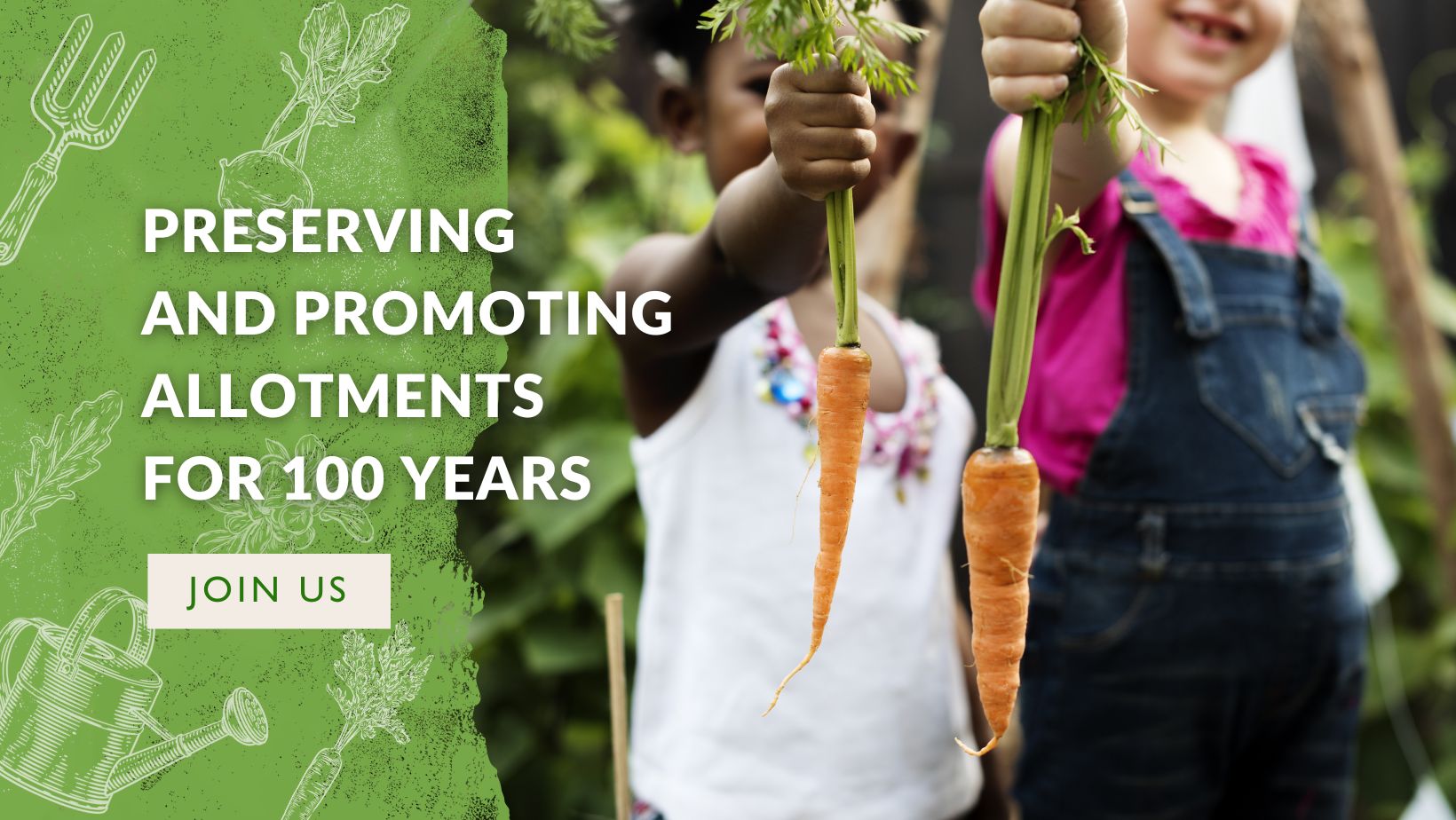Grow with Confidence – How to Get Started on an Allotment
You’ve finally reached the top of the waiting list and been offered a plot—exciting news after months (or even years) of dreaming about growing your own food. But now that it’s real, you might be wondering… where do you actually start?
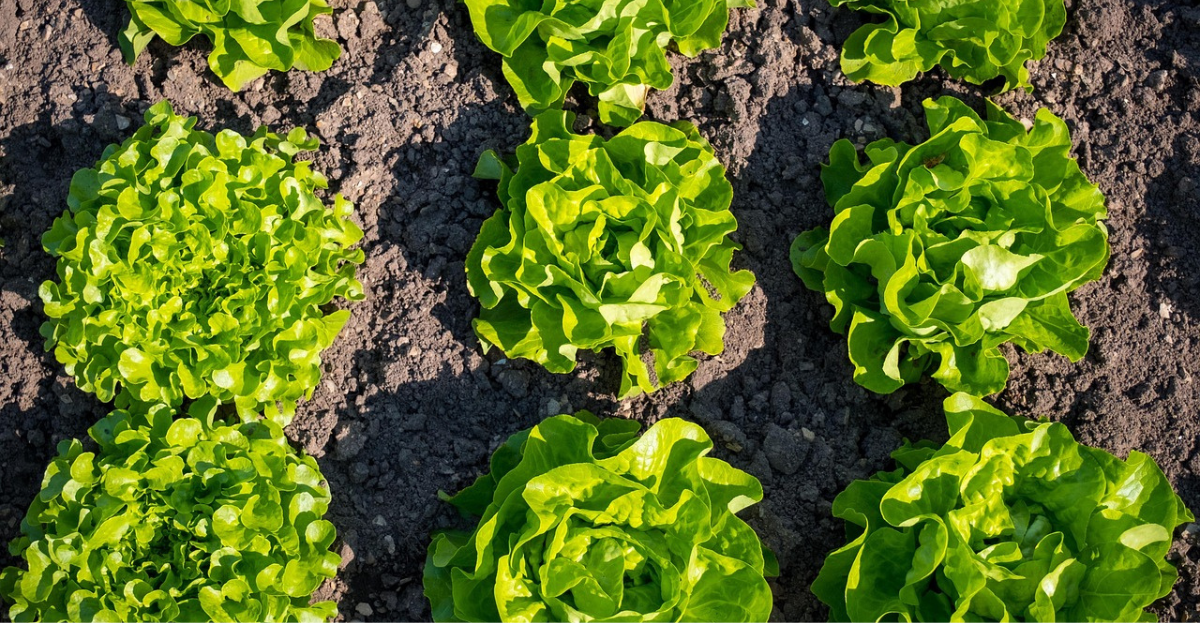
This beginner’s guide will help you get started with confidence, from clearing your plot and picking easy crops to simple tips for making the most of your space.
How to Start an Allotment – First Steps
Before planting anything, it’s essential to take a moment to understand your new plot. Good planning will make your first year much easier—but don’t let it hold you back from getting started.
Key beginner allotment tips:
- Observe the site and take note of where the sun falls throughout the day
- Check for damp or shaded areas, and think about water access
- Make a note of any inherited plants —you may already have useful assets like perennial herbs, rhubarb crowns, fruit bushes, or even fruit trees
- Look out for any annual vegetables left behind, such as leeks, chard, or potatoes—you might be able to use or rescue some
- Planning is important, but don’t spend too long drawing up the perfect layout. The best way to learn is by doing. Pick a corner of the plot, start clearing, and plant something—even a few rows of salad leaves or radishes. That small success will give you motivation to keep going.
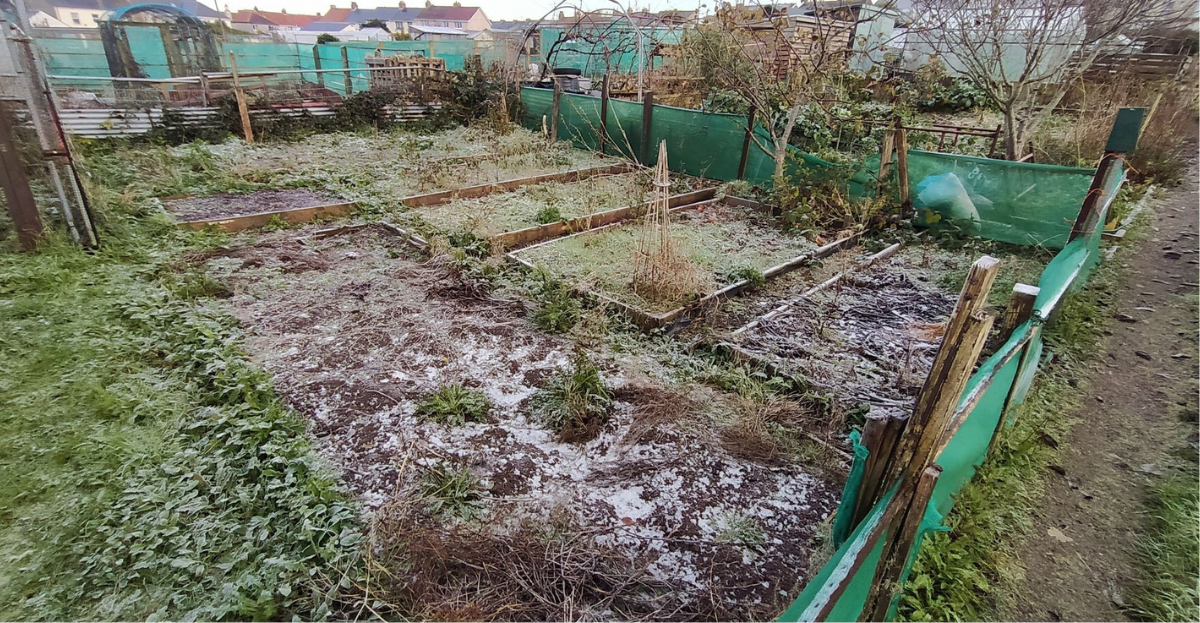
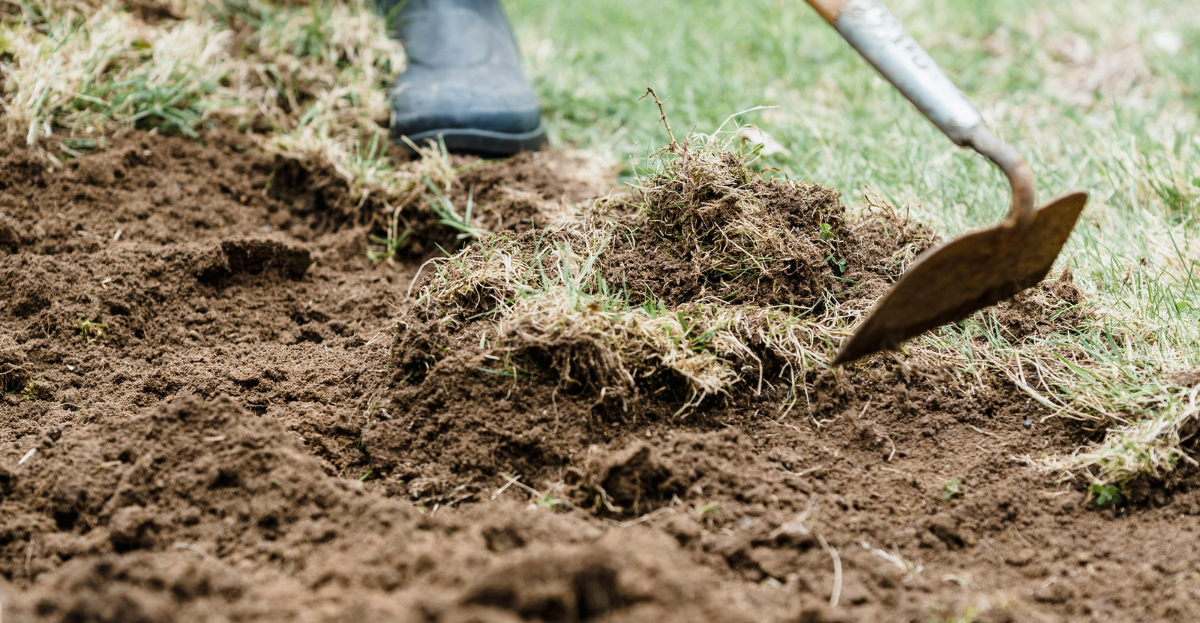
Clearing Your Allotment Plot
If you've just taken over an overgrown plot, start small. It’s better to clear and prepare one manageable section well than try to tackle everything at once.Here’s how to clear an allotment effectively:
- Use a fork or spade to remove large weeds and roots by hand
- Cover unused areas with cardboard or weed-suppressing membrane
- Avoid chemical weedkillers where possible—organic methods are better for soil health
- Allow time for the soil to settle before planting, and work with the seasons to avoid overexerting yourself.
What to Grow on an Allotment – Easy Crops for Beginners
Choosing what to grow on your allotment depends on your taste, your time, and your soil type. The key is to start simple and focus on easy-to-grow vegetablesGreat beginner crops include:
- Potatoes – easy to grow and good for breaking up compacted soil
- Courgettes and squash – very productive and low maintenance
- Runner beans and dwarf French beans – climb vertically and are great for small spaces
- Lettuces and salad leaves – fast-growing and ideal for regular picking
- Carrots, beetroot and radishes – reliable root crops for most soils
- Herbs such as parsley, chives, and mint – perfect for pots or borders
- such as parsley, chives, and mint – perfect for pots or borders
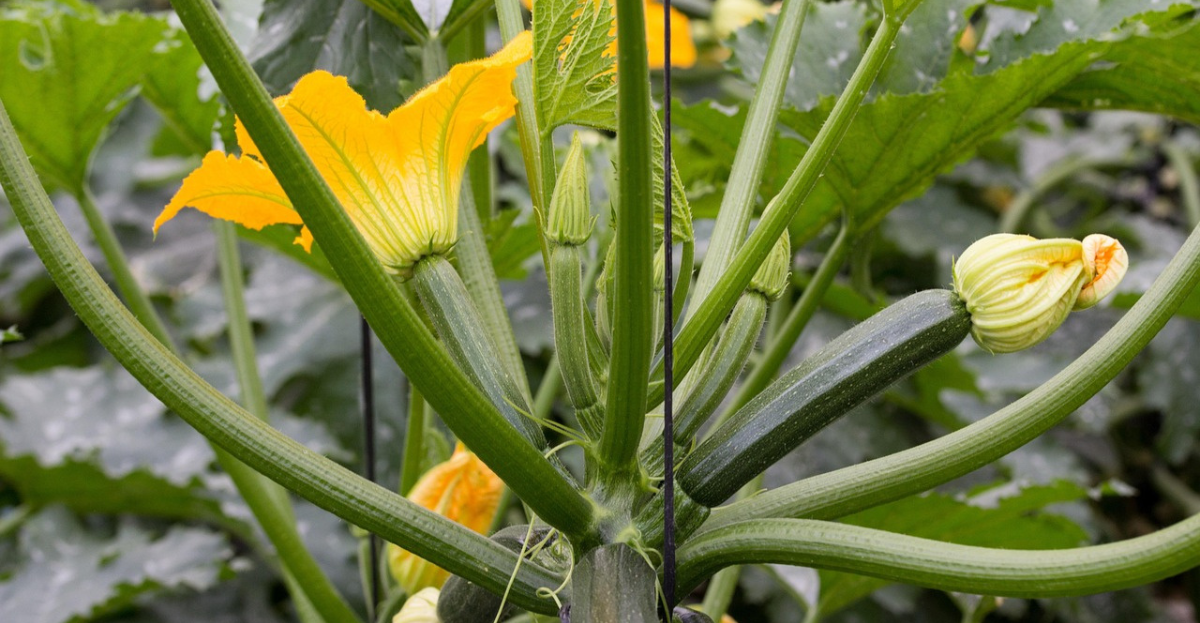
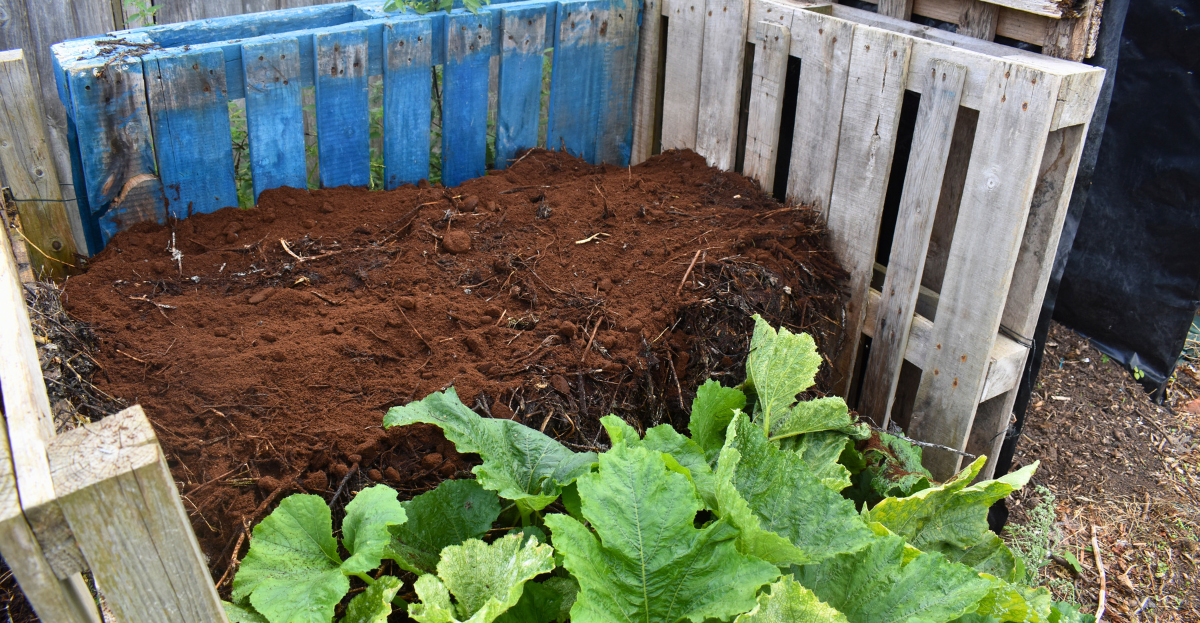
Soil Preparation and Composting
Healthy soil is the foundation of successful growing. Before planting, improve your soil with compost or well-rotted manure.Beginner soil tips:
- Test drainage and structure by digging a small hole—heavy clay or very sandy soil may need extra organic matter
- Start a compost heap or bin using kitchen scraps, grass clippings, and weed-free garden waste
- Consider the no-dig method to reduce effort and improve soil life
Allotment Tools for Beginners
You don’t need a shed full of tools to get started on your allotment. A few basics will be more than enough in your first year.
Essentials include:
- A spade and a fork for digging
- Hand trowel and hoe for weeding and planting
- Watering can or hose (check site access)
- Buckets or trugs for moving compost and harvests
- Netting to protect crops from pests and birds
Managing Weeds, Pests and Problems
Weeds are part of allotment life, but they can be managed with regular attention. Slugs, snails and aphids are common challenges, especially for new growers.Top allotment pest and weed control tips:
- Mulch beds to reduce weed growth and retain moisture
- Hand-weed little and often to stay on top of regrowth
- Use netting and physical barriers to protect brassicas and salad crops
- Try natural pest control like beer traps, companion planting, or encouraging ladybirds
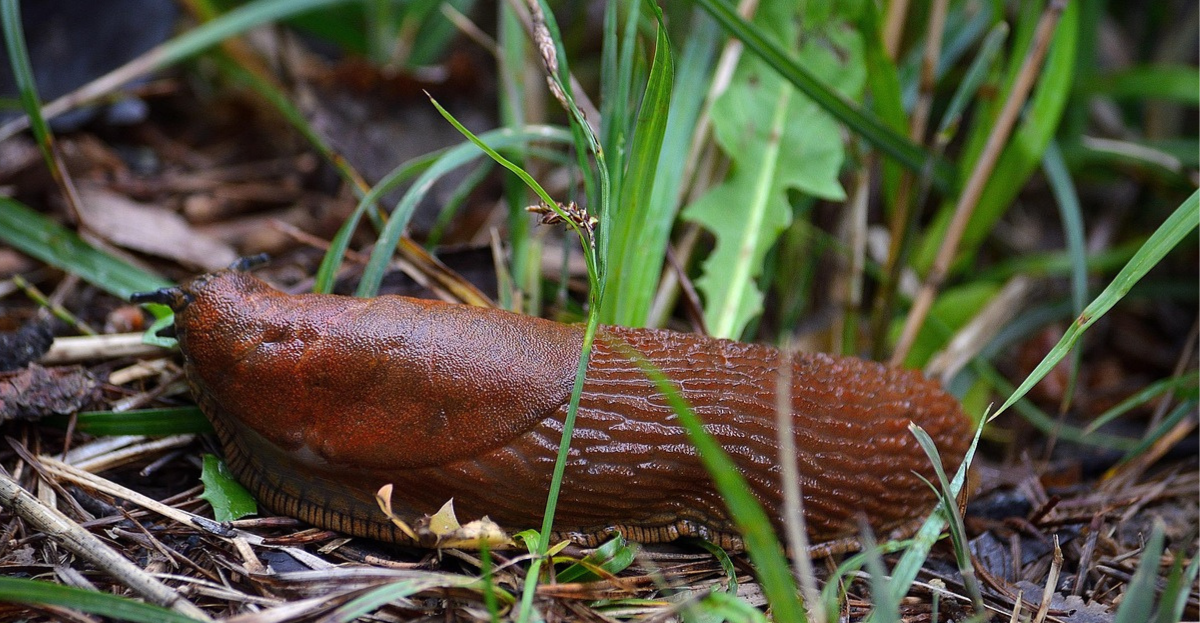
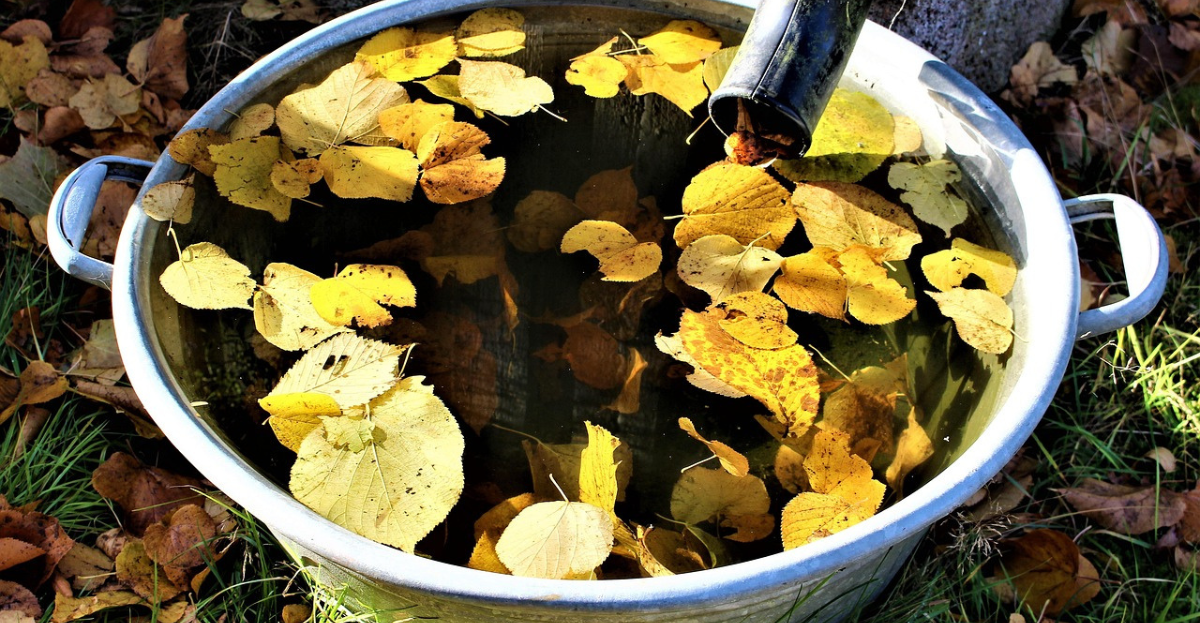
Watering and Sustainability
Watering is essential, especially during dry spells, but it’s easy to waste more than you need. Many sites now encourage water conservation.
Sustainable watering tips:
- Collect rainwater in a butt if allowed
- Water early in the morning or late in the evening to reduce evaporation
- Focus water on the base of plants, not the leaves
- Mulching also helps keep the soil moist and cuts down on watering frequency.
Enjoying the Allotment Community
One of the most rewarding aspects of allotment gardening is the community. Experienced growers are often generous with advice, plants, and even surplus produce.Tips for getting involved:
- Say hello to your neighbouring plot holders
- Join your local allotment association or online allotment groups
- Don’t be afraid to ask questions or share your progress
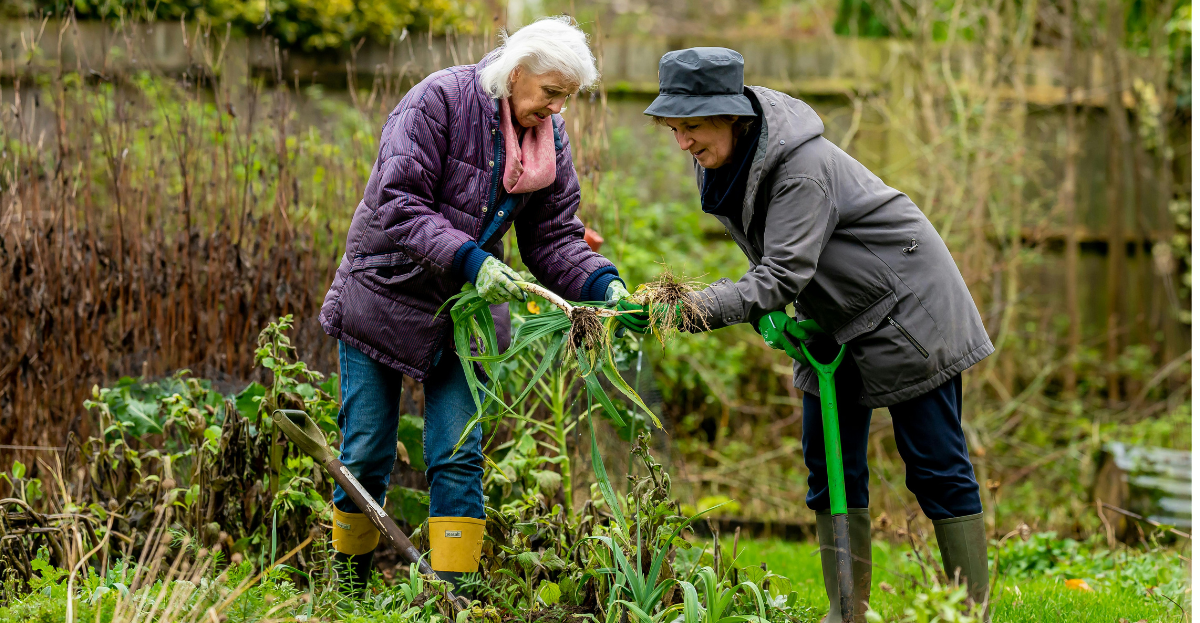

Your First Year on an Allotment – What to Expect
Your first year may be a mixture of triumphs and trials, but every success, no matter how small, is worth celebrating.What to remember:
- Be patient with yourself and your plot
- Don’t compare your beginning to someone else’s 10-year masterpiece
- Keep learning, observing and adjusting as the seasons pass
Want More Help Starting Your Allotment?
The National Allotment Society is here to support you on every step of your growing journey. Whether you’re applying for a plot, starting from scratch or improving your yields, our advice, resources and community can help you succeed.
Join today and gain access to expert growing tips, plot advice, and member-only benefits.
